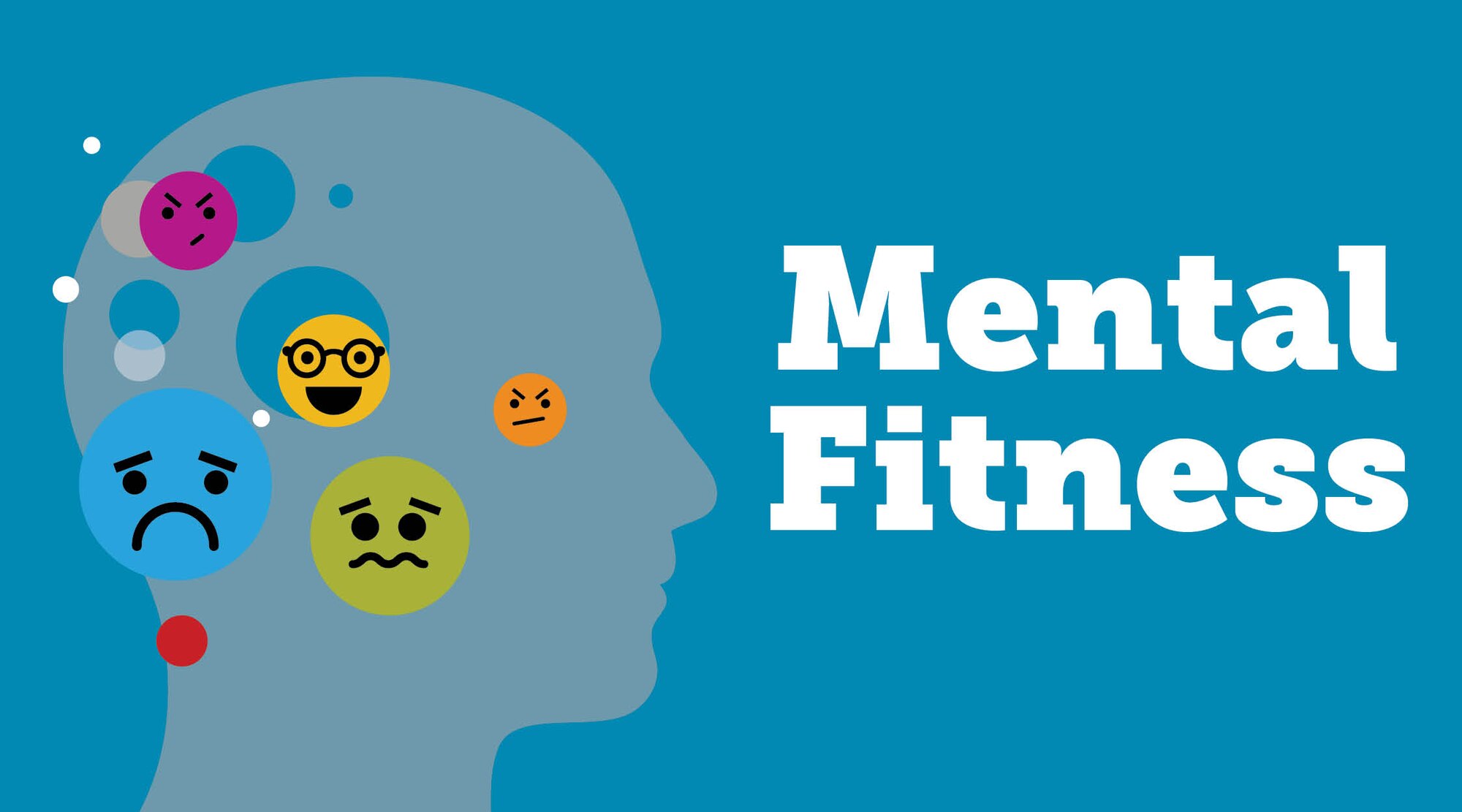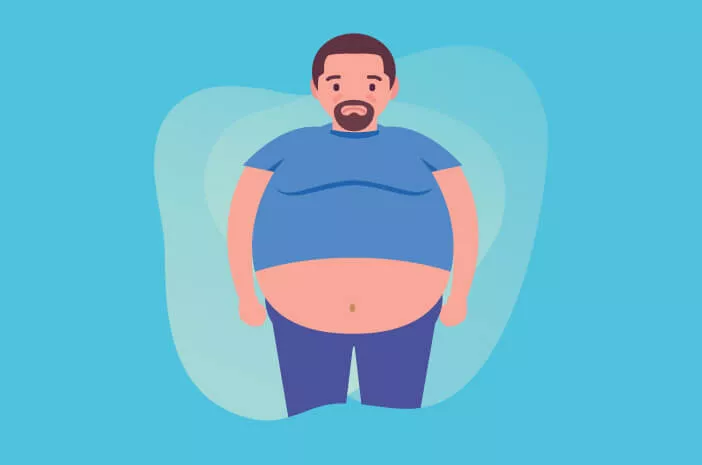Just as physical exercise strengthens the body, mental fitness sharpens the mind. Mental fitness refers to the ability to think clearly, concentrate, remember information, and stay emotionally balanced. With the demands of modern life, maintaining cognitive sharpness is more important than ever. Whether you’re a student, professional, or retiree, mental fitness exercises can help boost memory, focus, creativity, and mental agility. This article explores effective techniques and habits to improve your brain health and cognitive performance.
Why Mental Fitness Matters

Mental fitness impacts all areas of life, from decision-making and problem-solving to emotional resilience and lifelong learning. Benefits of maintaining strong cognitive function include:
-
Improved memory and recall
-
Better focus and concentration
-
Enhanced problem-solving and creativity
-
Stronger emotional regulation
-
Reduced risk of cognitive decline and mental fatigue
Keeping the brain active and engaged supports long-term mental well-being and helps preserve cognitive function as we age.
The Science Behind Cognitive Training
The brain is remarkably adaptable—a characteristic known as neuroplasticity. This means it can form new neural connections and strengthen existing ones in response to learning and experience. Just as muscles grow with use, the brain thrives on stimulation and challenge. Cognitive training helps build mental “muscle,” improving performance in key areas such as attention, working memory, and processing speed.
Mental Fitness Exercises to Try
1. Memory Games and Brain Training Apps
Activities that challenge your memory and reasoning skills help strengthen mental agility. Try:
-
Memory match games
-
Crossword puzzles and Sudoku
-
Apps like Lumosity, Peak, or Elevate
-
Card games like Concentration or Bridge
These exercises target short-term and long-term memory, attention, and logic.
2. Mindfulness and Meditation
Mindfulness practices improve focus, reduce stress, and support emotional regulation. Even a few minutes daily can increase gray matter density in areas related to memory and decision-making. Try:
-
Guided meditation apps (e.g., Headspace, Calm)
-
Breathing exercises
-
Body scan meditation
-
Mindful walking or eating
3. Learn Something New
Challenging the brain with new information or skills stimulates neural growth. Consider:
-
Learning a new language
-
Playing a musical instrument
-
Taking up a new hobby (e.g., knitting, photography, painting)
-
Enrolling in an online course
The novelty and complexity of learning something unfamiliar are powerful cognitive boosters.
4. Physical Exercise for Brain Health
Regular aerobic exercise increases blood flow to the brain, stimulates neurogenesis (the growth of new neurons), and improves mood and memory. Beneficial activities include:
-
Brisk walking or jogging
-
Swimming or cycling
-
Yoga or tai chi (combining movement with mindfulness)
Exercise also supports sleep quality and stress reduction, which are essential for cognitive function.
5. Brain-Boosting Nutrition
A healthy diet supports mental clarity and brain health. Incorporate foods rich in:
-
Omega-3 fatty acids (e.g., salmon, walnuts)
-
Antioxidants (e.g., berries, leafy greens, dark chocolate)
-
Whole grains (e.g., oats, brown rice)
-
Vitamins B, D, and E for cognitive support
Staying hydrated and limiting processed foods and sugar is also key.
6. Puzzles and Strategy Games
Games that involve critical thinking and strategic planning enhance cognitive flexibility and decision-making. Try:
-
Chess or checkers
-
Jigsaw puzzles
-
Strategy-based board games (e.g., Risk, Settlers of Catan)
-
Logic riddles and brain teasers
These activities encourage problem-solving and adaptive thinking.
7. Journaling and Creative Writing
Writing exercises stimulate memory, organization, and creativity. Regular journaling or storytelling helps articulate thoughts, process emotions, and sharpen language skills. Try:
-
Reflective journaling
-
Poetry writing
-
Daily gratitude lists
-
Creative fiction prompts
8. Social Interaction
Meaningful conversations, debates, and group activities keep your brain engaged and emotionally balanced. Social interaction also improves memory and communication skills while reducing stress and loneliness. Join:
-
Book clubs
-
Language exchange groups
-
Volunteer organizations
-
Public speaking groups like Toastmasters
9. Sleep Optimization
Sleep is essential for memory consolidation and emotional regulation. Aim for:
-
7–9 hours of sleep per night
-
A consistent sleep schedule
-
Limited screen time before bed
-
A calming bedtime routine
Prioritizing quality sleep enhances cognitive performance and brain recovery.
10. Daily Mental Challenges
Stimulate your mind with small daily tasks:
-
Use your non-dominant hand for simple tasks
-
Take a new route to work
-
Memorize a short poem or list
-
Do mental math instead of using a calculator
These challenges encourage flexibility and sharpen problem-solving.
Creating a Mental Fitness Routine
To make mental fitness a habit:
-
Set specific goals – e.g., solve one puzzle daily or meditate for 10 minutes each morning.
-
Start small – build consistency with short, manageable activities.
-
Track your progress – use a journal or app to log activities and improvements.
-
Mix it up – vary your exercises to engage different cognitive domains.
-
Make it fun – choose activities that excite and motivate you.
Signs Your Mental Fitness Is Improving
As you commit to regular cognitive exercises, you may notice:
-
Quicker recall and better memory
-
Increased attention span
-
Greater adaptability to new tasks
-
Enhanced creativity and clearer thinking
-
Improved mood and stress management
These are positive indicators of enhanced mental agility and resilience.
Conclusion
Mental fitness is just as important as physical fitness in maintaining a high quality of life. Through regular practice of targeted brain exercises, mindfulness, learning, physical activity, and proper nutrition, you can boost your cognitive function, improve emotional well-being, and build long-term mental resilience. By investing time and energy into your mental fitness, you’re giving your brain the tools it needs to thrive at every stage of life.



